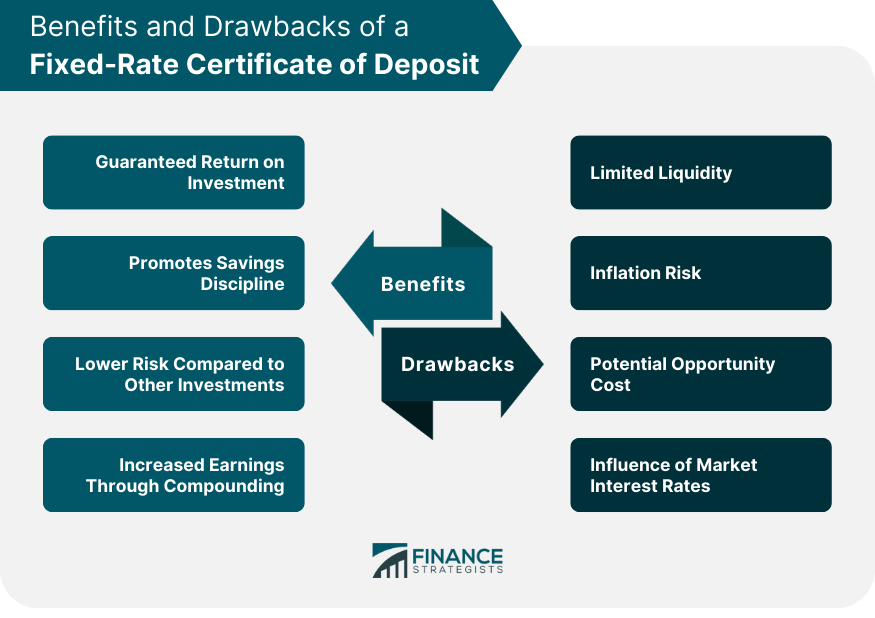Online fixed deposits vs.traditional fixed deposits: Pros and cons unveiled
- 1 What are traditional fixed deposits?
- 2 What are online fixed deposits?
- 3 Pros and cons of traditional and online fixed deposits
- 4 The bottom line
- 4.1 FAQs:
- 4.1.1 Are online fixed deposits safe?
- 4.1.2 Can I access my online fixed deposit anytime?
- 4.1.3 Do traditional fixed deposits offer higher interest rates?
- 4.1.4 How can I withdraw from an online fixed deposit?
- 4.1.5 Are there any benefits to visiting a bank branch for a fixed deposit?
- 4.1.6 Do traditional fixed deposits have penalties for premature withdrawals?
- 4.1.7 Can I negotiate interest rates for a conventional fixed deposit?
- 4.1.8 How do I ensure the security of my online fixed deposit?
- 4.1.9 Are there any advantages to traditional fixed deposits over online ones?
- 4.1.10 What is the future outlook for fixed deposits?
Convenience and Accessibility:
- Online FDs offer access anytime, anywhere, without visiting a bank branch.
- Traditional FDs provide personalized advice but are limited by operating hours and paperwork.
Interest Rates:
- Online FDs often offer higher interest rates due to lower operational costs.
- Traditional FDs might have slightly lower rates but offer special schemes for loyal customers.
Security and Penalties:
- Online FDs require careful selection of reputable banks and may have higher penalty charges for premature withdrawals.
- Traditional FDs may offer tangible security but could involve additional paperwork and delays.
Traditional fixed deposits have existed for decades, but online ones have recently gained popularity. With attractive interest rates and easy investing from anywhere, online fixed deposits have an edge over traditional fixed deposits.
However, traditional FDs also have some advantages that shouldn’t be overlooked. Read on to find out which option suits your needs the best.
What are traditional fixed deposits?
Traditional bank deposits are familiar and trusted by many Indians. They have been around for decades, and people understand how they work. Investors can walk into the local bank branch, fill out some paperwork, and lock in an interest rate for a fixed term, usually between 1 and 5 years.
These term deposits are shallow risk since the bank backs them. The bank guarantees the principal amount, so there is virtually no chance of losing money if the investor holds it until maturity.
What are online fixed deposits?
Online fixed deposits offer more convenience and flexibility than traditional FDs. With online FDs, you can open an FD whenever and wherever you use a computer or mobile app. There’s no need to visit a bank branch during work hours. You have 24/7 access to manage your account, open new FDs, or withdraw money as needed.
Online FDs also tend to provide higher interest rates. Banks have lower overheads when operating online, so they can afford to offer higher rates than most traditional FDs. The fully digital process reduces paperwork and the need for employees to handle transactions and accounts manually.
Pros and cons of traditional and online fixed deposits
| Aspect | Traditional Fixed Deposits | Online Fixed Deposits |
|---|---|---|
| Pros | Familiarity & Personalized Interaction | Convenience & Flexibility |
| Tangible Security | Higher Interest Rates | |
| Cons | Limited Accessibility & Operating Hours | Higher Penalty Charges |
| Higher Overhead Costs Lead to Lower Rates | Security Concerns & Potential Frauds |
When choosing between the two options, several factors should be considered.
Convenience and accessibility:
Online FD: With the online mode, you can access your FD anytime, anywhere, from managing investments and tracking interest to making premature withdrawals. There is no travel, no wait times, just pure banking bliss at your fingertips.
Traditional FD: While branches offer personalized advice and the reassurance of human interaction, their accessibility is limited by operating hours and geographical reach. Plus, paperwork and processing times can add a layer of friction.
Interest rates:
Online FD: Some online platforms, like IndusInd Bank’s INDIE, offer interest rates of up to 7.5% p.a., which is amongst the highest in the industry. With online FDs, banks tend to have lower operational costs and can pass on some savings to you.
Traditional FD: Interest rates might be slightly lower due to higher overhead costs. However, some banks offer special schemes or negotiated rates for loyal customers, particularly long-term deposits.
Penalty charges:
Online FD: Premature withdrawals from FDs online often incur higher penalty charges compared to those levied at bank branches. So, plan your investments wisely to avoid hefty deductions.
Traditional FD: Penalty charges might be more lenient at branches, particularly for long-standing customers. However, the process of withdrawing might involve additional paperwork and delays.
Security:
Online FD: Security concerns are paramount. Choose reputable banks with robust security measures and multi-factor authentication protocols on their online FD apps. Remember, if something sounds too good to be true, it probably is.
Traditional FD: Physical branches may offer a sense of tangible security. However, human error and physical security breaches are still possibilities.
The bottom line
The debate between online and traditional fixed deposits will likely continue as technology progresses and customer preferences evolve. While online FDs offer greater convenience and flexibility, traditional FDs provide familiarity with a physical bank.
The good news is that regardless of the option chosen, fixed deposit accounts remain one of the most stable and low-risk investment vehicles available to generate returns over the long run. The future looks bright for fixed deposits, whether online or offline.
FAQs:
Are online fixed deposits safe?
Online FDs are safe if invested in reputable banks with robust security measures.
Can I access my online fixed deposit anytime?
Yes, online FDs offer 24/7 access through computer or mobile apps.
Do traditional fixed deposits offer higher interest rates?
Traditional FDs may have slightly lower rates due to higher overhead costs.
How can I withdraw from an online fixed deposit?
Premature withdrawals from online FDs may incur higher penalty charges.
Are there any benefits to visiting a bank branch for a fixed deposit?
Branches may offer personalized advice, but access is limited by operating hours and location.
Do traditional fixed deposits have penalties for premature withdrawals?
Yes, but penalty charges might be more lenient, especially for long-standing customers.
Can I negotiate interest rates for a conventional fixed deposit?
Some banks offer negotiated rates for loyal customers, especially for long-term deposits.
How do I ensure the security of my online fixed deposit?
Choose reputable banks with strong security measures and multi-factor authentication.
Are there any advantages to traditional fixed deposits over online ones?
Familiarity with physical branches and personalized interaction are advantages of traditional FDs.
What is the future outlook for fixed deposits?
Fixed deposits, whether online or traditional, remain stable and low-risk investment options for generating returns.


















